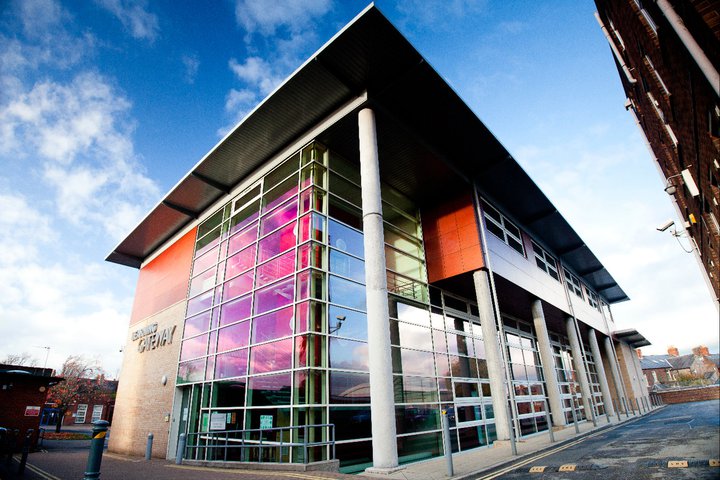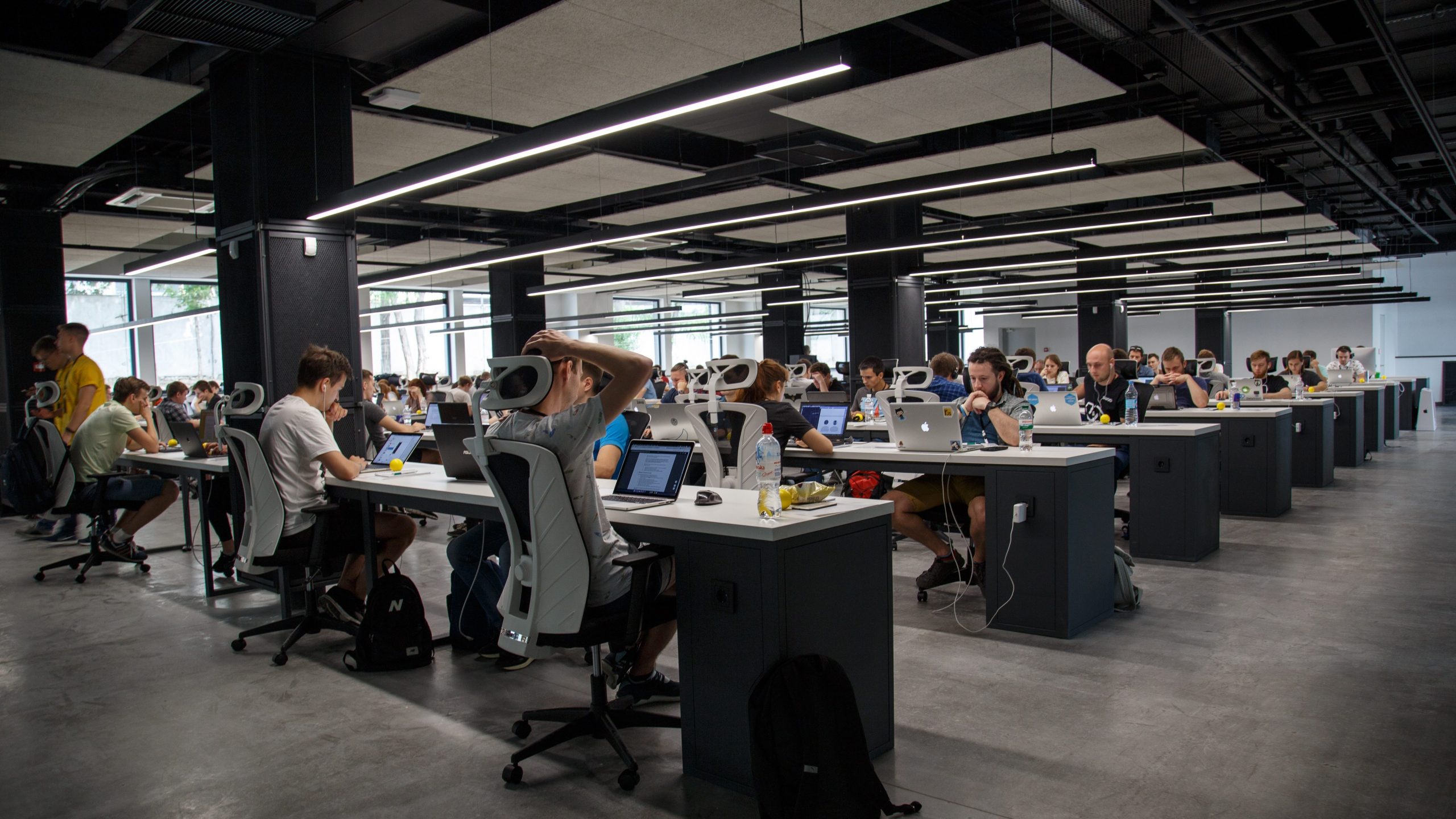When it comes to pursuing higher education, choosing the right institution is crucial for both personal and professional growth. The University of Cumbria, with its rich heritage and global reputation, is one such institution that stands out.
What makes the University of Cumbria particularly attractive to students worldwide is its partnerships with prestigious institution like Robert Kennedy College. This unique collaboration offers students not just a world-class education but also a network and opportunities that extend far beyond the classroom.

The University of Cumbria: A Snapshot
The University of Cumbria, nestled in the picturesque landscapes of Northwest England, has steadily built a reputation for excellence in education and research. With campuses in Carlisle, Ambleside, Lancaster, and London, the university offers a unique blend of natural beauty and academic rigor. Its commitment to quality education has earned it a spot among the top universities worldwide, particularly recognized for its contributions to the United Nations’ Sustainable Development Goals (SDGs)
Located in the picturesque Lake District in the UK, the University of Cumbria is a relatively young university with a big ambition. With a focus on providing high-quality education that blends practical skills and academic learning, the university has carved a niche for itself in a variety of fields. From health and law to business and education, the university offers a diverse range of programs that cater to a global student body.
One of the standout features of the University of Cumbria is its commitment to employability. With a track record of graduates who have gone on to succeed in their careers, the University of Cumbria is not just a place of learning; it’s a place that shapes future leaders and professionals
The Global Recognition of the University of Cumbria
While the University of Cumbria is a relatively young institution, it has rapidly earned a reputation for academic excellence and student satisfaction. The university’s commitment to offering high-quality education is reflected in its strong rankings for student satisfaction in the UK. It is recognized for its innovative approach to teaching, which combines traditional lectures with hands-on experience in real-world settings.

The University of Cumbria is making waves internationally. It’s ranked 8th worldwide for Quality Education according to the Times Higher Education (THE) Impact Rankings.
This ranking is all about how universities contribute to the United Nations’ Sustainable Development Goals (SDGs).
Additionally, the University of Cumbria has made a significant impact on a global scale. It has built a strong international presence with students from all over the world, contributing to a diverse and vibrant culture. Its partnerships with academic institution like Robert Kennedy College – further bolsters its international reach, making it an attractive choice for students seeking a world-class education.
The Partnership with Robert Kennedy College: A Game-Changer for Students
Since 2010, the University of Cumbria has formed a strategic partnership with Robert Kennedy College (RKC) in Zürich, Switzerland, a renowned institution known for offering flexible online learning opportunities.
This collaboration aims to deliver high-quality online graduate and postgraduate programs to students worldwide. The partnership blends the convenience and flexibility of online learning with the academic excellence of a prestigious British university, offering a range of programs including BA, LLM, MBA, and MSc.

This collaboration allows students to benefit from the best of both worlds: the flexibility of online learning with the academic credibility of a prestigious university like Cumbria.
What Robert Kennedy College Brings to the Table
Robert Kennedy College, located in Switzerland, has long been known for offering high-quality postgraduate programs, especially in the fields of business and management. Their unique online learning platform has attracted students from around the world, who appreciate the flexibility it offers alongside a rigorous academic curriculum.
By partnering with the University of Cumbria, RKC offers a seamless educational experience that combines the expertise and resources of both institutions.
How Students Can Benefit from this Partnership
For students looking to advance their education, this collaboration offers a unique opportunity. Whether you’re seeking to complete a business MBA, develop your skills in leadership, or pursue a career in healthcare, this partnership allows you to study in a flexible and supportive environment.
As the world of work continues to evolve, employers are increasingly looking for candidates with not only strong academic qualifications but also the ability to adapt to new technologies, global environments, and shifting business landscapes. The combination of practical experience and academic rigor offered by the University of Cumbria and Robert Kennedy College makes this partnership a smart choice for anyone looking to enhance their career prospects in an increasingly globalized world.
Student Testimonials

Here’s what some students have to say about their experience:
Frank, MBA (Switzerland): “It was a great journey not only to increase and consolidate my management knowhow, but also to network with incredible personalities from all around the world!”
Isha, MBA International Healthcare Management (Kenya): “The way the MBA is structured is not difficult to do while being able to work at the same time. It has a broad and yet, in depth learning of the major concepts needed for any organization. It makes everything appear relevant and makes you think outside the box.”
Charles, MBA International Business (USA): “I had a good experience pursuing my MBA at Robert Kennedy College because I was able to exercise schedule flexibility to attend classes virtually, do the readings, and compose the required research papers in available time slots in my busy schedule. I apply the lessons learned and knowledge acquired every day on the job. It has proven to be a great professional value enhancement for me. ”
The University of Cumbria’s global recognition and its partnership with Robert Kennedy College provide students with an exceptional opportunity to gain a world-class education that can lead to significant career advancements. With the flexibility of online learning, the credibility of two respected institutions, and access to a global network, students are well-equipped to thrive in an increasingly interconnected world. Whether you’re looking to study business, healthcare, or education, the University of Cumbria and Robert Kennedy College partnership offers an exciting path to success.

If you’re ready to take your career to the next level, consider how this partnership can help you achieve your academic and professional goals while providing the flexibility and global exposure that today’s job market demands.
Talk to our expert education advisor to find out more about the eligibility requirements and admission process. Apply now if you are ready to dive in!












